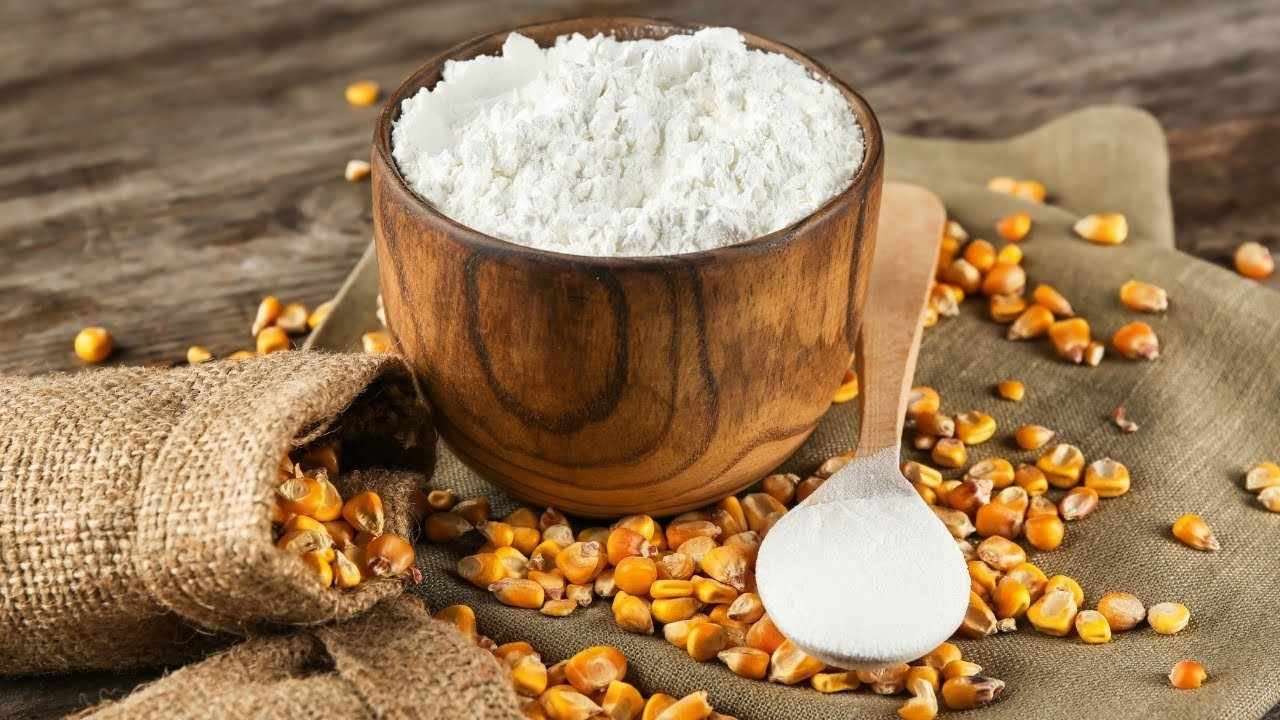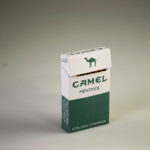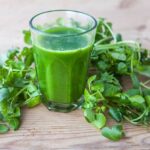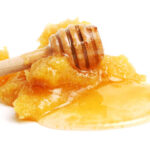Corn starch, a commonplace kitchen element, is used in cooking, cosmetics, or even DIY projects. Derived from corn kernels, it’s prized for its thickening homes and impartial taste. However, questions on its fitness consequences often arise, particularly for those aware of blood sugar and nutrition. In this text, we’ll study the benefits, uses, and potential health issues of corn starch.
What Is Corn Starch?
Corn starch is a powder extracted from the endosperm of corn kernels. Mainly composed of carbohydrates, with minimum fat, protein, or fiber. It’s generally used as a thickening agent in recipes as it absorbs water to create clean sauces, soups, and cakes
Is Corn Starch Bad for You?
It isn’t inherently “terrible” when used sparsely. However, a few factors might also affect its suitability for certain people, particularly if eaten up in huge quantities or used as a number one carbohydrate source.
Health Benefits of Corn Starch
Corn starch does provide some blessings, especially when used thoughtfully:
Gluten-Free Alternative
Naturally gluten-free, it can update flour in sauces and soups, making it a go-to for people with celiac ailment or gluten sensitivity.
Quick Source of Energy
Its high carbohydrate content material makes it a fast strength source, useful for athletes needing brief refueling.
Easy to Digest
It is moderate on the digestive system, making it appropriate for those with positive digestive sensitivities.
Low in Fat and Calories
It is low in fat and energy, making it a lighter thickening agent for sauces and gravies.
Potential Risks and Drawbacks of Corn Starch
Despite its advantages, there are reasons to use it sparingly:
High Glycemic Index
It can cause blood sugar spikes because of its immoderate glycemic index. This makes it a much less suitable desire for those with diabetes or the ones coping with blood sugar.
Low Nutritional Value
As a sophisticated product, it lacks vitamins, minerals, and fiber found in entire corn. Consuming it in huge amounts may cause unbalanced vitamins.
Potential for Allergic Reactions
Although uncommon, a few human beings can also have a corn allergy. In these instances, it must be averted.
Refined and Processed
It is a processed ingredient, which means it’s stripped of a lot of corn’s natural nutrients. Whole grains usually offer extra complete nutrition.
How to Use Corn Starch for Health Benefits
To experience the blessings of it without the drawbacks, bear in mind these suggestions:
Use Sparingly
Small quantities are typically sufficient to thicken dishes, limiting empty energy whilst enhancing texture.
Pair with Fiber-Rich Foods
Balance blood sugar by pairing it with fiber-wealthy meals like greens or whole grains.
Choose Whole Corn Alternatives When Possible
When possible, choose entire corn or less processed corn products to revel in more dietary benefits.
Popular Uses of Corn Starch
It is flexible to use inside and outside of the kitchen:
Thickening Agent
It thickens soups, sauces, gravies, and cakes, developing an easy texture without altering taste.
Frying and Baking
Used in batter, it provides crispness to fried ingredients and a fluffy texture to baked goods.
Skin Care
It can act as a herbal skin powder, absorbing moisture and imparting a smooth finish.
Household Cleaner
Mixed with water, cornstarch cleans glass and polishes silver.
FAQs
1. Is corn starch gluten-free?
Yes, it is gluten-free, making it appropriate for gluten-sensitive people.
2. Can cornstarch be an alternative to flour?
While it works as a thickener, it lacks flour’s structural homes, so it isn’t a great alternative in baking.
3. Does corn starch affect blood sugar?
Yes, it can affect blood sugar spikes due to its high glycemic index. People with diabetes need to use it carefully.
4. Is corn starch excessive in energy?
It is calorie-dense however low in nutrients, so it’s exceptionally used sparingly to keep away from eating empty calories.
Conclusion
Corn starch, a flexible element, has numerous applications in the kitchen, beauty exercises, and household cleaning. While it gives benefits like gluten-loose thickening and brief electricity, it’s essential to use it reasonably. Its excessive glycemic index and low nutrient content material make it less suitable as a number one food supply. In moderation, corn starch may be useful in cooking and beyond.












